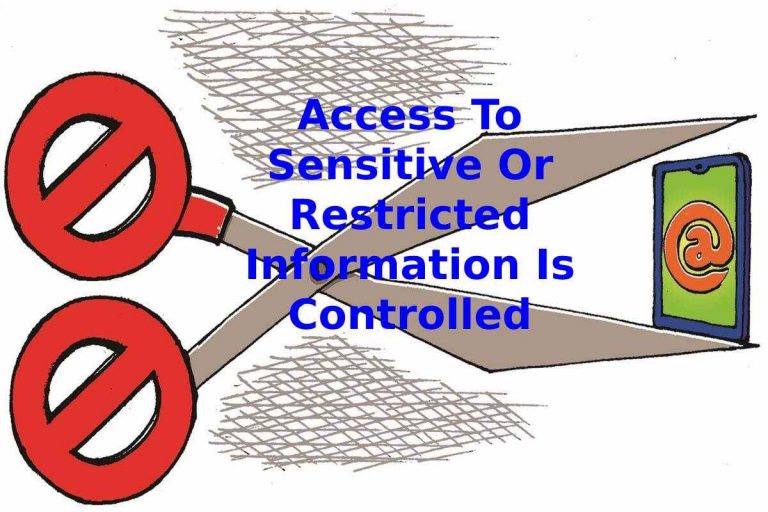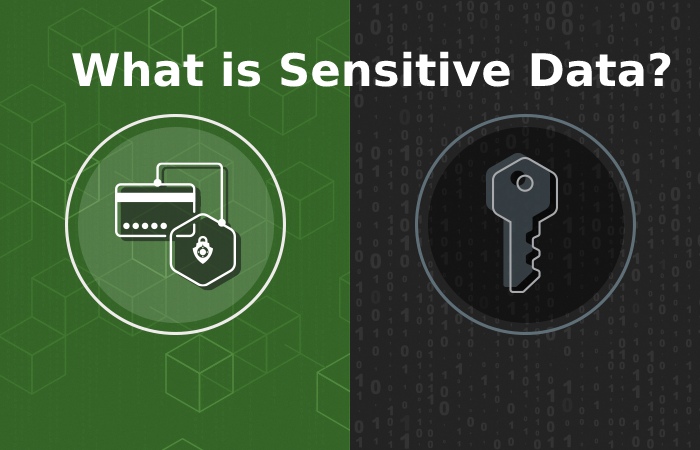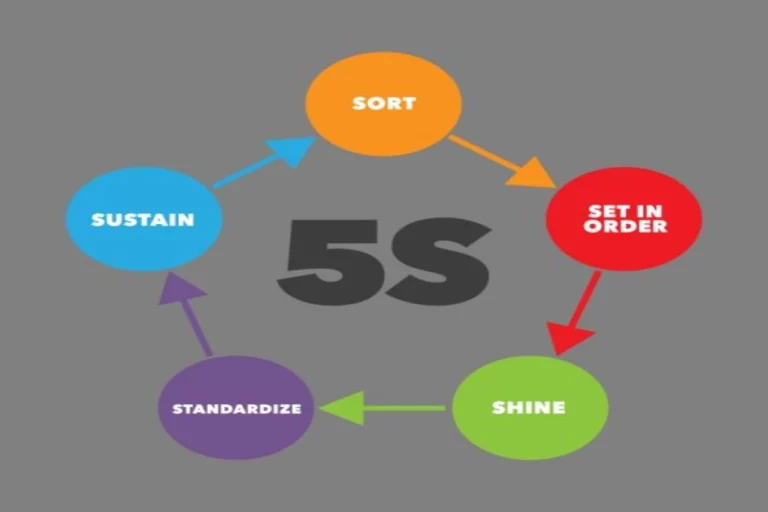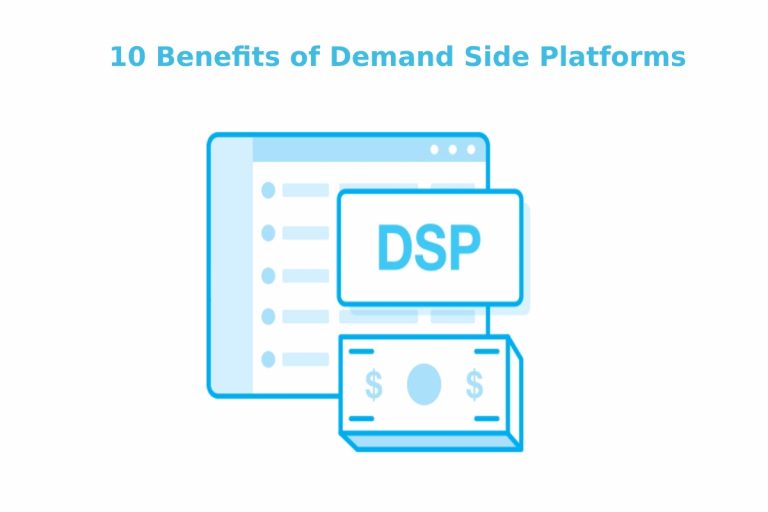Believe it or not, the day and time you are looking for a job can help you find a job faster. This strategy has worked for us by appearing as the first option in candidates for a position. Let’s see the best time and the best day to look for work.
Table of Contents
Best Day And Time To Look For A Job
Most companies usually post job offers on specific days. So being the first to apply right after the job has been dispatched will allow you to be first on the list of candidates.
The Best Time To Look For Work
The best time to apply for a job is in the evening (after hours) or early in the morning.
The reason is that job search sites show new job applications to the person in charge of hiring you.
If you submit your job application outside of these hours, you will appear last on the list of new candidates, and, likely, they will not see your resume. There also remains a greater chance that they will hire someone else.
So the best time to apply for a job: Early in the morning or in the evening after work. Avoid doing it in the afternoon hours.
However, the day of the application is much more critical. So let’s see what is the best day to look for a job.
The Best Day To Look For A Job
We already know when the job application should remain submitted, but what is the best day to do it?
Based on our analysis of more than 1,752 job postings, Monday is the best day to look for work.
When analyzing new job postings on job sites: Indeed, Flexjobs, Glassdoor, we found that companies often post their latest job applications on Mondays.
So Monday Is Your Best Option to Look For Work.
If you are applying on Monday, we recommend that you submit your application on Monday night or early Tuesday morning so that you will appear among the first places on the list of new applicants.
If, due to time reasons, you can only apply for new jobs on weekends, the best day to send your resume will be Sunday night, as this will make you one of the top candidates on Monday.
Our analysis also revealed that the worst day to look for work was Friday or Saturday night, as these days you have the highest chances of being last on the list of new applicants.
Formulating For The Job Search
Nowadays, you don’t have to stop your job search fair because it’s not the best time of the year to look for a job. The slow hiring months can remain optimal for preparing for your inquiry and increasing your chances of winning that key position. Here are some tips to prepare for the job search:
Look For Work keep your Restart Efficient.
One of the furthermost essential aspects of any job search is updating your resume — don’t wait until the last minute. Save an updated resume template that you can customize your resume to the specific job. An effort to update your resume quarterly or, at the very least, once a year, scheduling the time in your calendar to help you remember and stay committed to the task.
Look For Work Increase your Skills Or Else Add New Experiences.
Education is a never-ending story. We must continuously promote our skills and learn about new areas to advance in our careers. Increase your marketability by taking a certification sequence. Or add new abilities to your portfolio by taking a night business class at your local college. Have you thought of getting another degree? Several reputable online universities help professionals.
Look For Work Don’t give up.
Sometimes, the most challenging part of job hunting remains receiving started. You may attract a blank while editing your resume. Our schedules often become in the way of preparation and professional advancement—schedule approximately every month to upgrade your skills or practice a mock interview.
And greatest importantly, never give up. Regardless of the time of year, starting the search isn’t easy; it takes time and patience to succeed. Rome is situated built in a day, and your job search won’t end in a day either.
Also Read : How To Improve Business Support Processes Remote Work Environment?

















